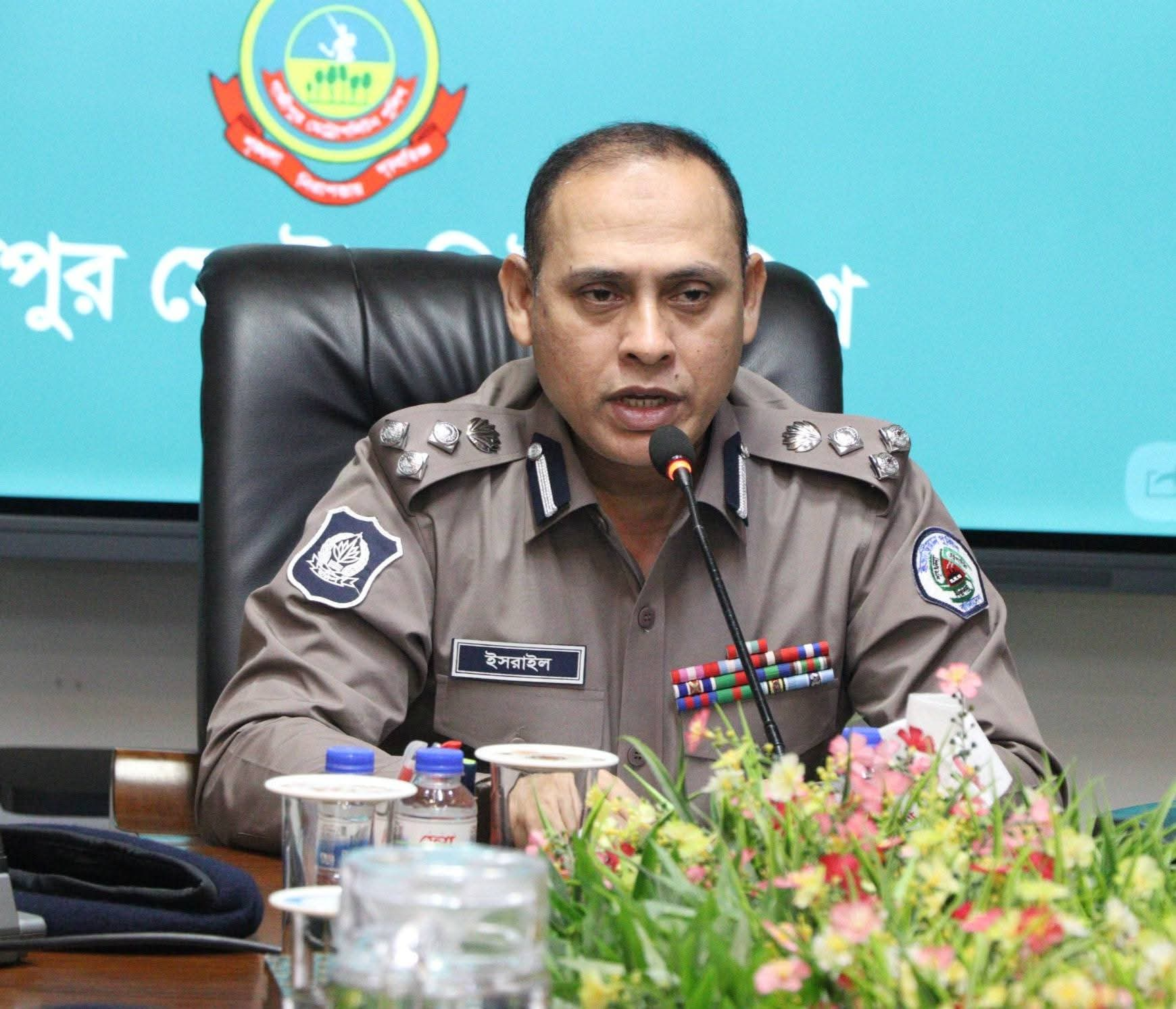Despite various reform efforts, stability has not been restored in the country’s economy, and there has been no notable improvement in the investment environment, both domestic and foreign.
Several challenges, including shortages of gas and electricity, frequent hikes in bank loan interest rates, and reduced demand for products due to high inflation, have led to the shutdown of numerous factories, contributing to rising unemployment rates.
The Prof Muhammad Yunus-led interim government, which took office on 8 August, has uncovered massive corruption, bribery, irregularities, and embezzlement over the past 15 and a half years of the previous government.
Experts have pointed out that the decrease in investment has resulted in slower economic growth, with businesses hesitant to expand, which has further exacerbated the unemployment situation.
While remittances and export earnings have shown some stability, other economic indicators remain downward. The most significant concern is controlling inflation, which has caused stagnation in business and trade, as well as a substantial deficit in government revenue.
Moreover, the government’s decreasing income has led to an increased tendency to borrow from banks, which in turn has reduced private sector investment. Foreign investment and debt conditions have also worsened during the past few months.
The banking sector has been the biggest victim of the previous government’s corruption, with much of the looted money laundered abroad. The new government is actively attempting to bring this laundered money back but has made minimal progress in this regard, despite taking various initiatives.
Dr Zahid Hussain, former lead economist at the World Bank’s Dhaka office, emphasised that the interim government has taken steps to reform the financial sector, but it must now focus on restoring macroeconomic stability. He also stressed the importance of stabilising the law-and-order situation to protect investors.
Dr Mustafizur Rahman, distinguished fellow at the Centre for Policy Dialogue (CPD), said that while reform initiatives have begun, high inflation continues to pressure the people, and the deterioration of living standards has not been prevented.
He also pointed out that the investment environment is yet to recover as rising bank loan interest rates are negatively affecting it. “For entrepreneurs, the investment environment has not yet been restored. The increase in bank loan interest rates has negatively impacted investment, showing a counterproductive trend,” he said.
Employment opportunities still remain scarce, and despite stability in exports, remittances, reserves, and the dollar market, macroeconomic stability has yet to return, he added.
Inflation stays above 10%
Inflation remains above 10%, despite the Bangladesh Bank’s three interest rate hikes under the leadership of Governor Ahsan H Mansur. Inflation has been hovering in double digits for over a year, driven by various global and domestic factors.
Prices of essential commodities, such as rice, soybean oil, and pulses, have seen significant increases since the interim government took office. Data from the Trading Corporation of Bangladesh (TCB) indicates that rice prices have risen from Tk54–78 per kg to Tk56–85 per kg in the last six months.
Similarly, soybean oil prices have risen from Tk155–167 per litre to Tk176 per litre. Different types of pulses price was 105 to 160 taka, now price reaching Tk185 taka.
According to the Bangladesh Bureau of Statistics (BBS), the Consumer Price Index (CPI) declined to 10.89% in December from 11.38% in November, while food inflation dropped slightly from 13.80% in November to 12.92% in December.
Foreign investment at lowest in 11 years
Foreign Direct Investment (FDI) saw a dramatic decline in the first quarter (July-September) of the fiscal year 2024-2025, dropping by 71% compared to the same period in the previous year. This represents the lowest FDI received in a single quarter in the last 11 years, according to the Bangladesh Bank data. The overall investment climate remains uncertain, with entrepreneurs reluctant to invest due to perceived risks.
According to central bank data, in the first six months (July-December) of the current fiscal year, the opening of letters of credit (LC) for the import of capital machinery decreased by 32.04% compared to the same period in fiscal year 2023-2024. Similarly, the number of the LC settlements decreased by about 27.66% during that period.
The import of intermediate goods has also decreased. During the July-December of the current fiscal year, the LC opening for the import of intermediate goods decreased by 7.37% and settlement of LCs decreased by 13.94%.
Tk58,000cr short of revenue target
The government’s revenue collection in the first half of the current fiscal year fell short of its target by a record Tk58,000 crore, marking a 1% year-on-year decline.
In the current budget, the government set a Tk4.80 lakh crore revenue target. However, revenue officials have calculated that less than Tk1.56 lakh crore was collected between July and December of 2024.
In the first six months of FY24, the revenue income was Tk1.65 lakh crore. Compared to the same period last year, the revenue income has decreased by nearly Tk10,000 crore, or 6%.
The National Board of Revenue (NBR) is unlikely to meet its revenue target for the year, with only 32.5% of the target achieved in the first six months.
Not a single embezzled penny returned
After the fall of the authoritarian Awami League government on 5 August 2024, a central task force on the issue was restructured on 29 September that year with the central bank governor as its head.
Despite the formation of a task force to recover laundered money, no funds have been returned yet. However, around 1,500 bank accounts have been seized, revealing assets worth Tk22,500 crore in money and shares.
The White Paper Committee’s report indicated that the previous government laundered $240 billion abroad over the past 15 years, implicating both individuals and business groups. The money recovery process has faced delays due to frequent transfers of intelligence officers and questionable appointments.
It is reported that the process of recovering laundered money has lost momentum due to the frequent transfers of intelligence officers and questionable appointments. When asked about the progress of the money recovery process, neither the Bangladesh Bank nor the Bangladesh Financial Intelligence Unit was willing to provide an official statement.
Banking sector struggles
Despite efforts to reform the banking sector by dissolving the boards of 11 weak banks, many of these banks are still struggling to meet their obligations, with some even failing to return customers’ money.
The central bank has been forced to provide liquidity support of Tk22,500 crore to six struggling banks, but challenges persist, with customers rushing to withdraw funds and deposits declining. As a result, banks are unable to meet all withdrawal requests.
A number of bank officials said that the central bank has been providing them with small amounts of money, which they are giving the customers.
While customers are rushing to withdraw money, deposits are decreasing. As a result, it is not possible to provide money to everyone according to their demand, said sources at different banks.




































